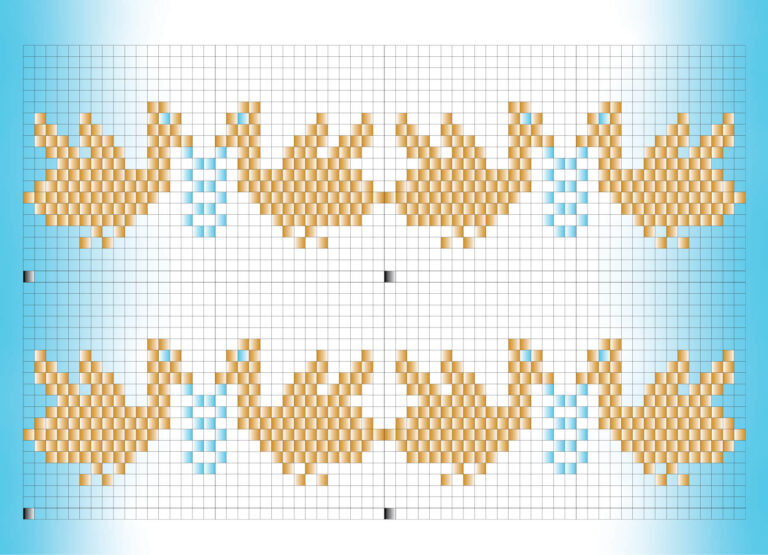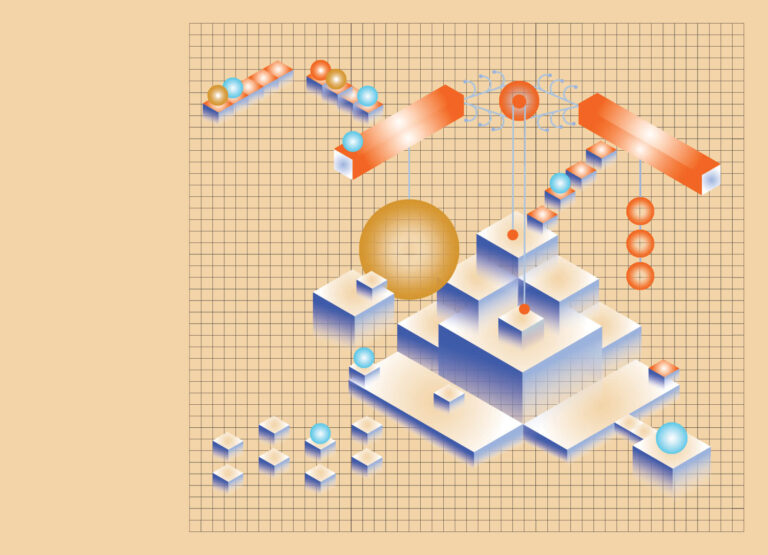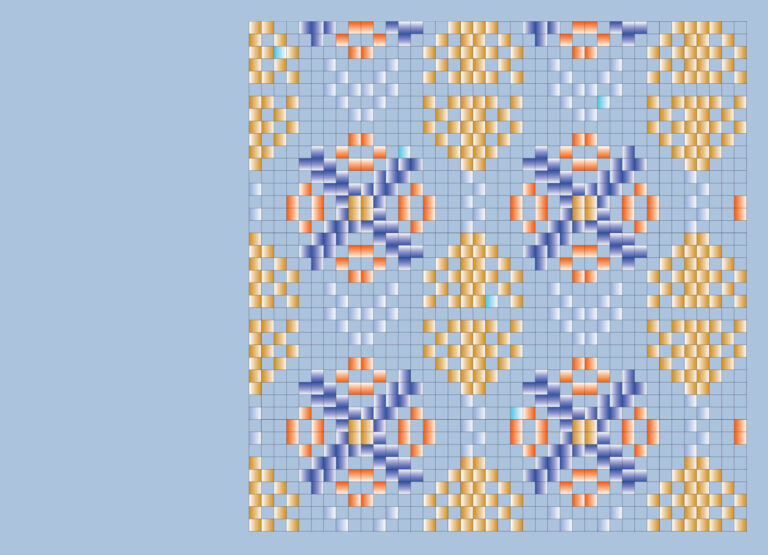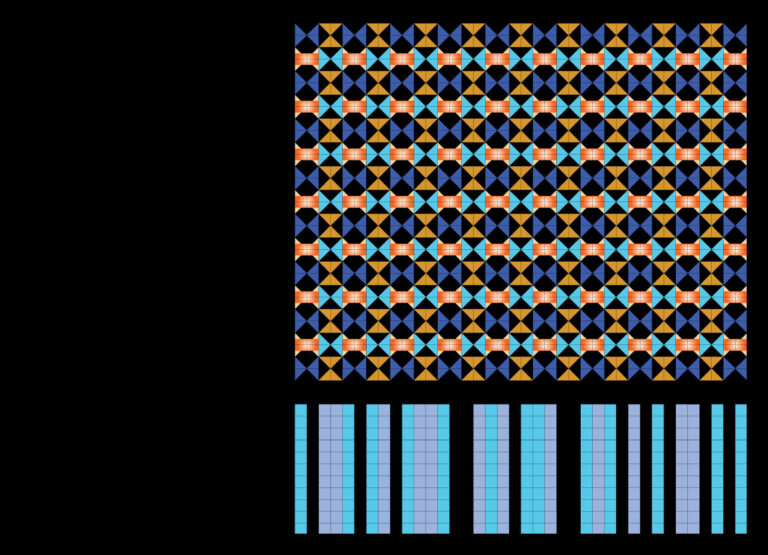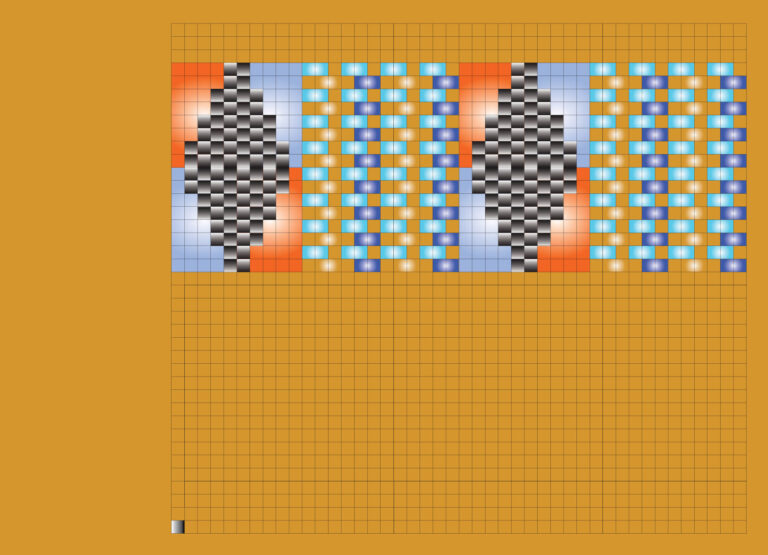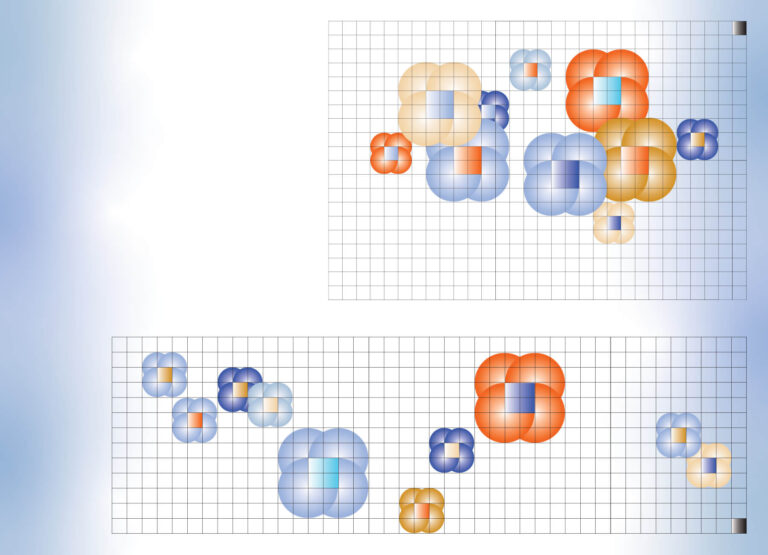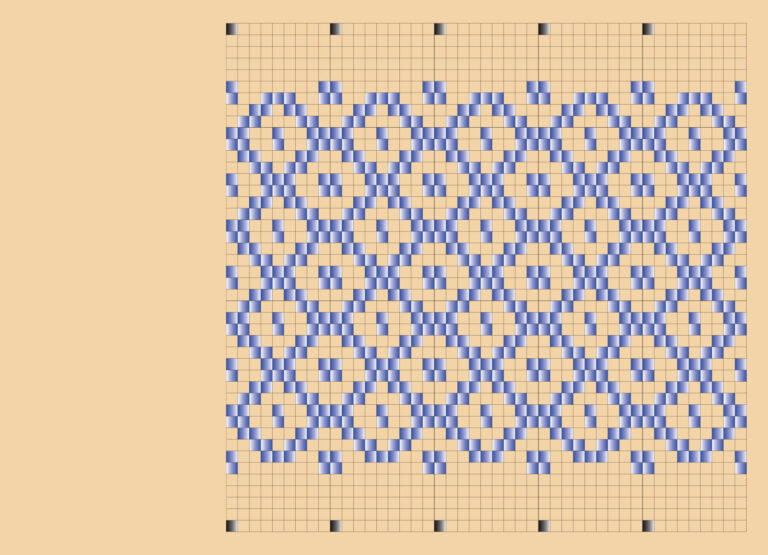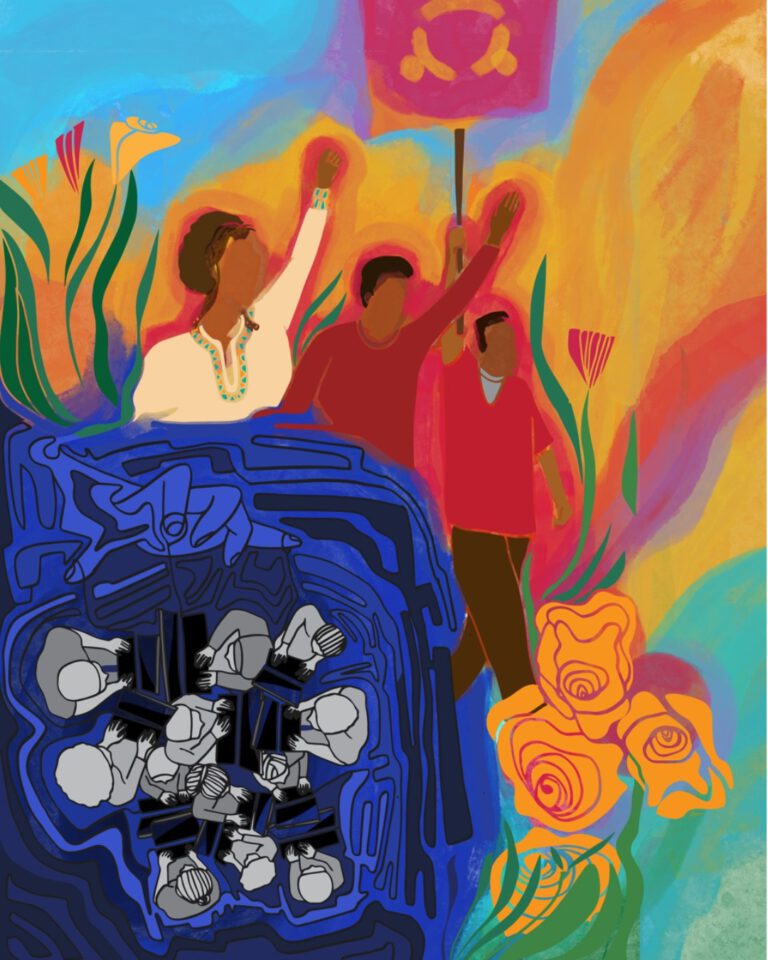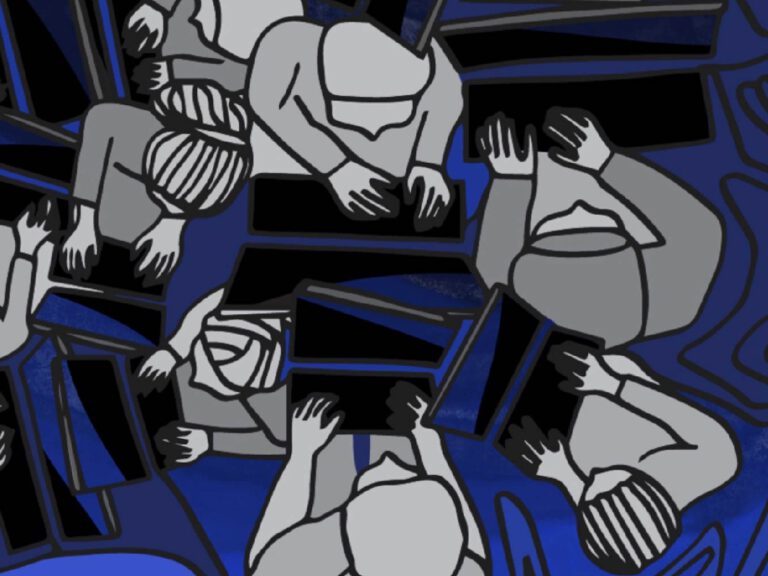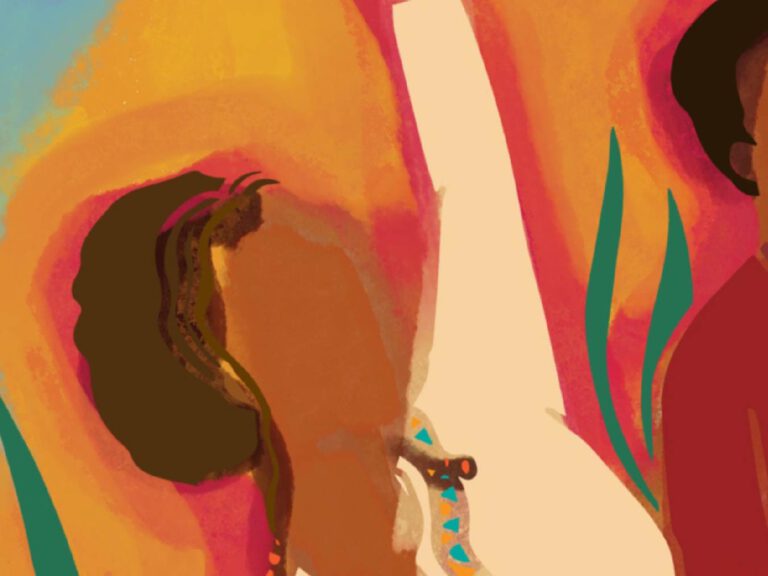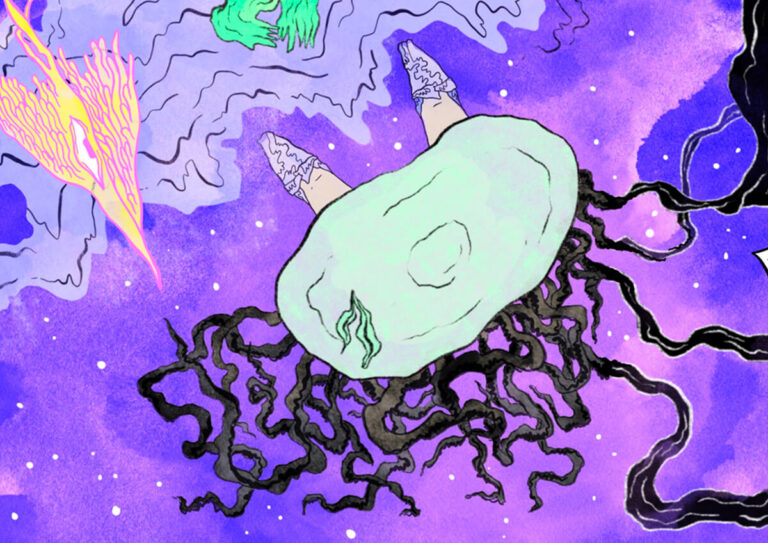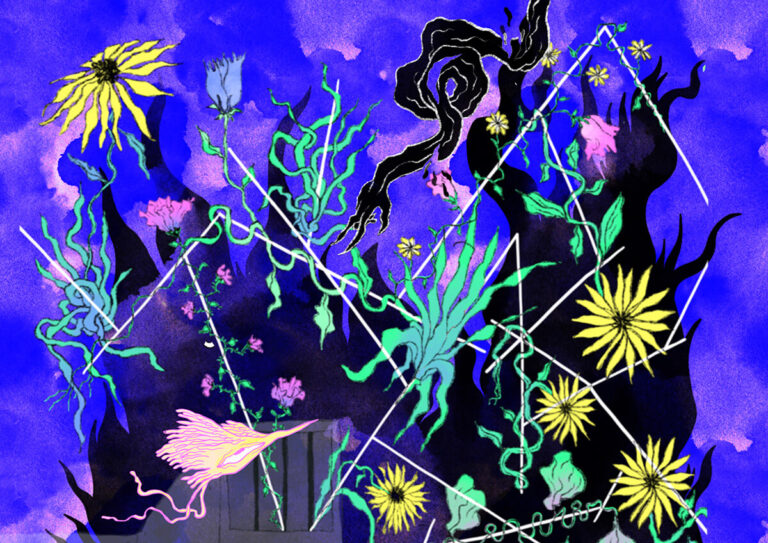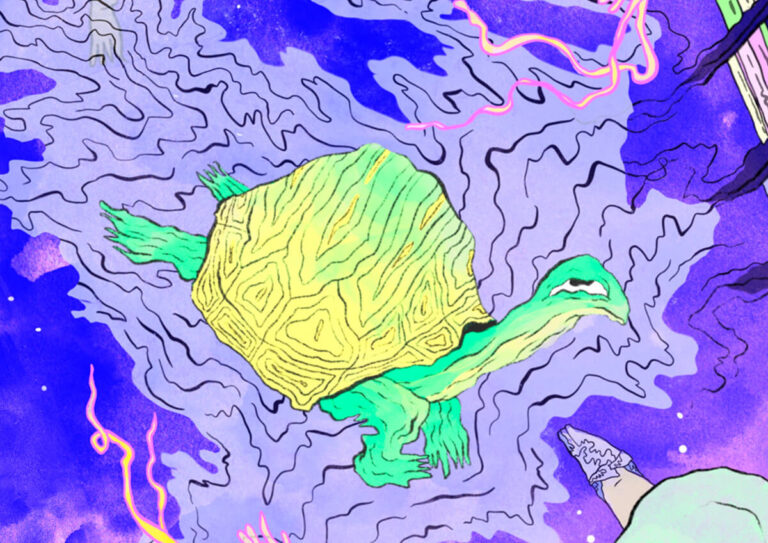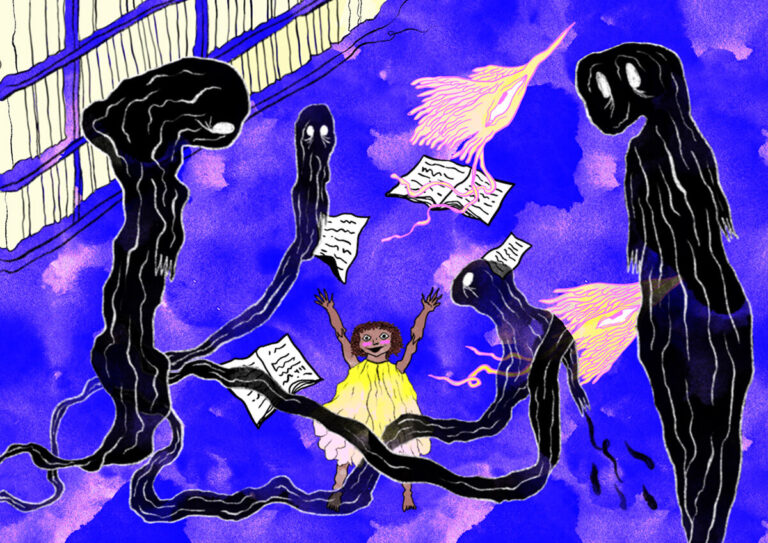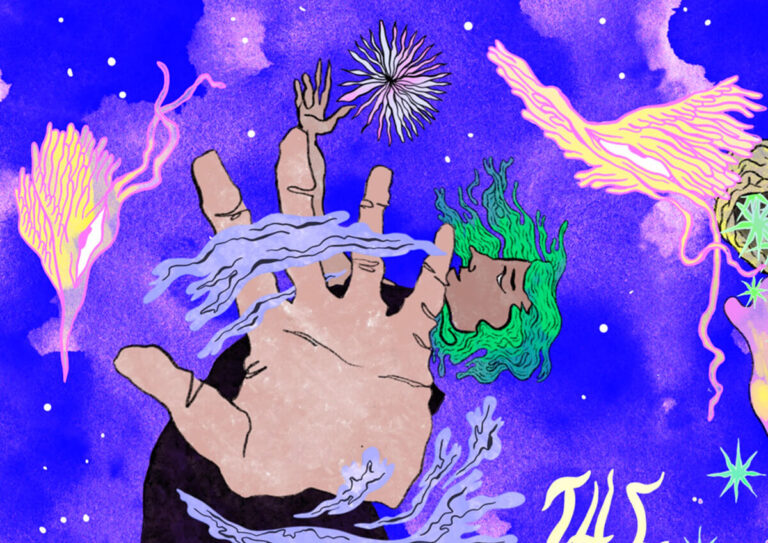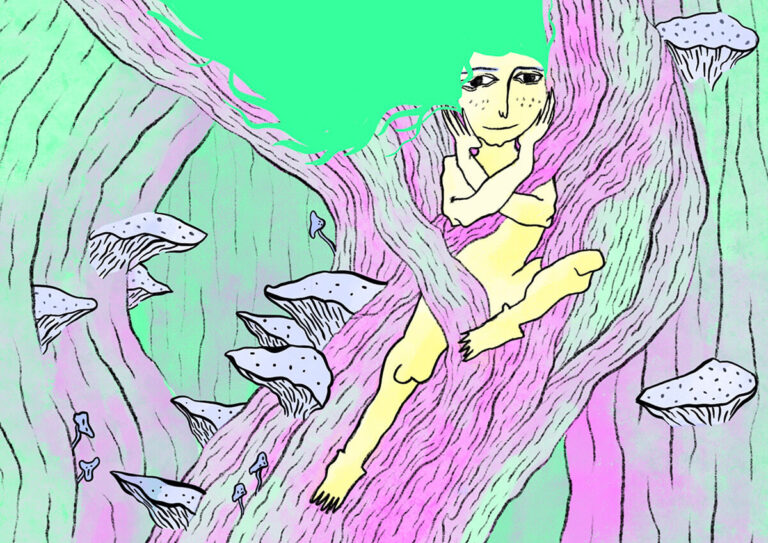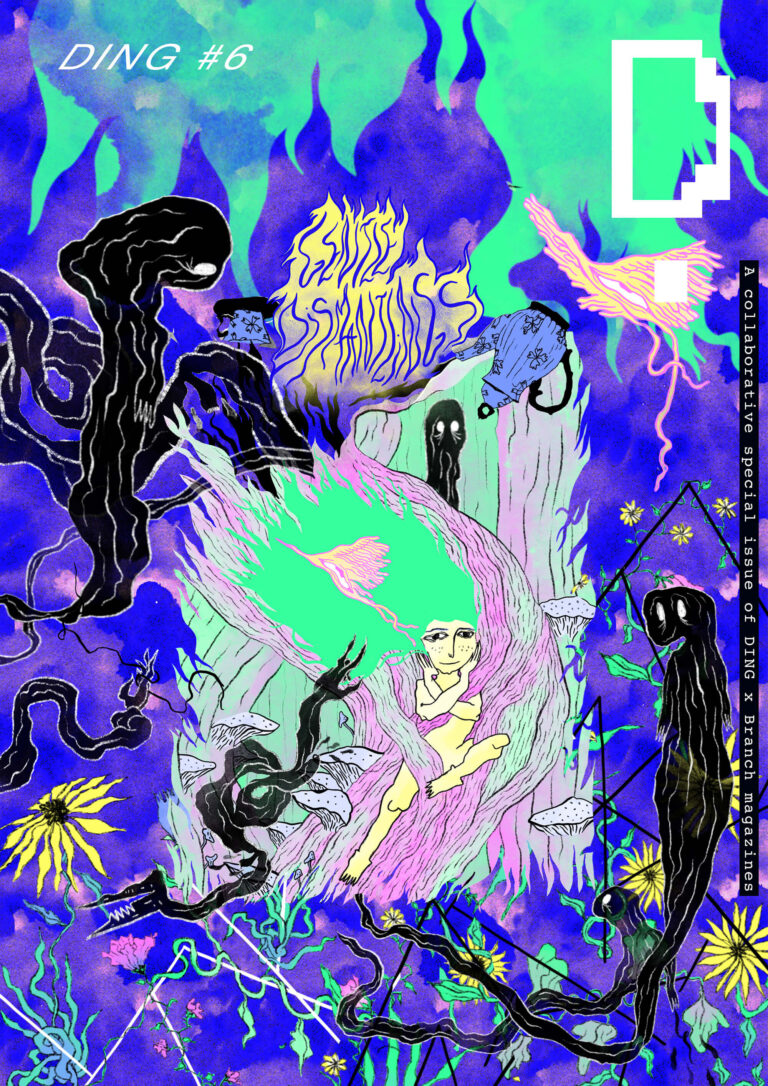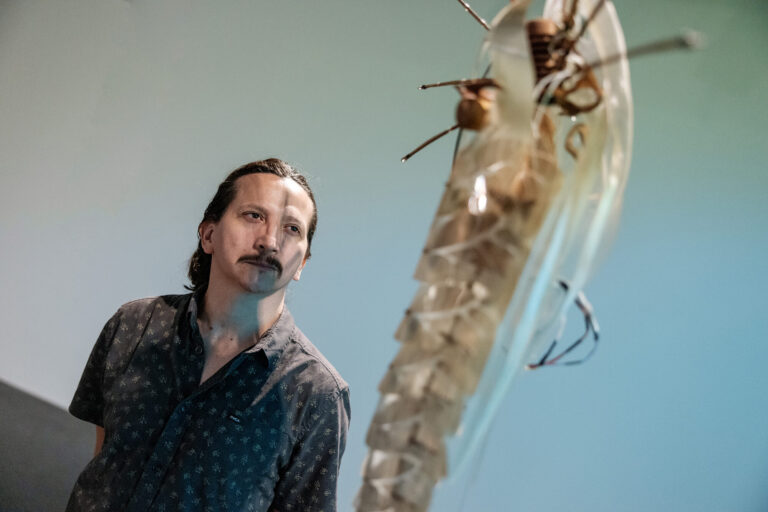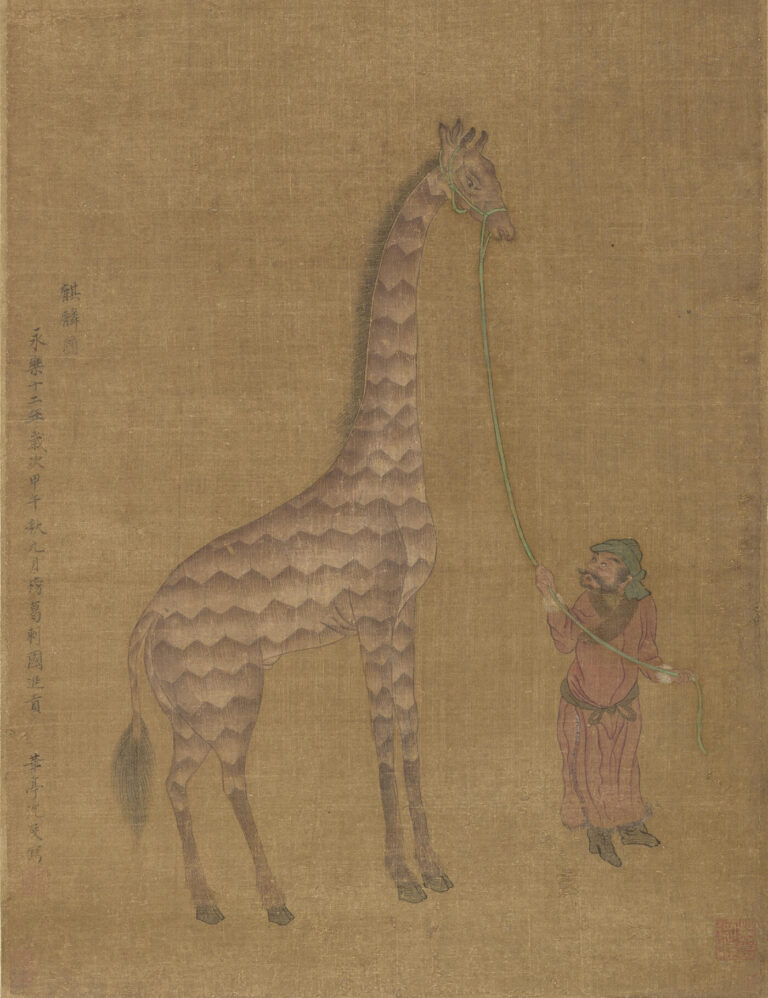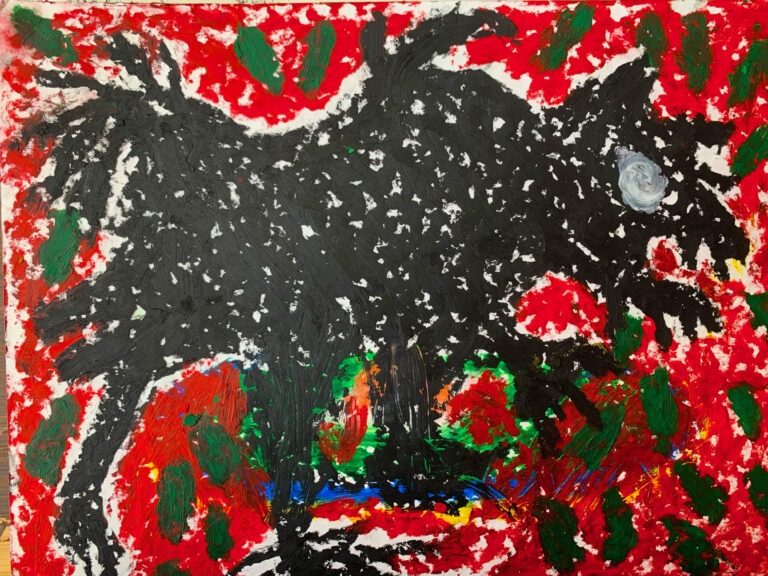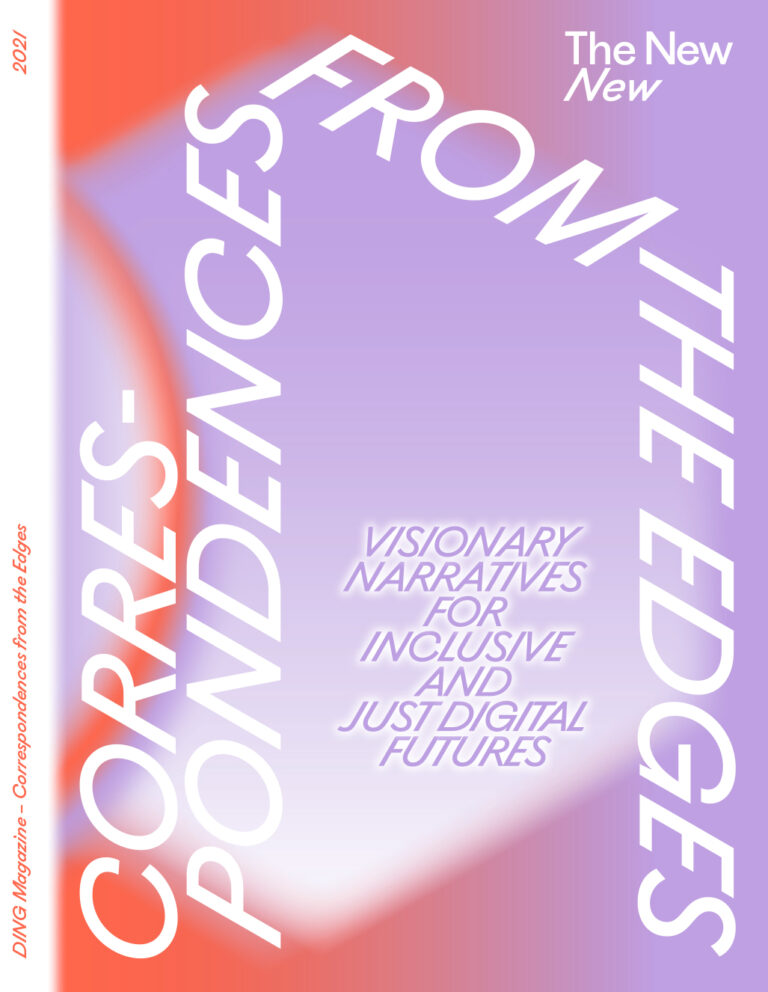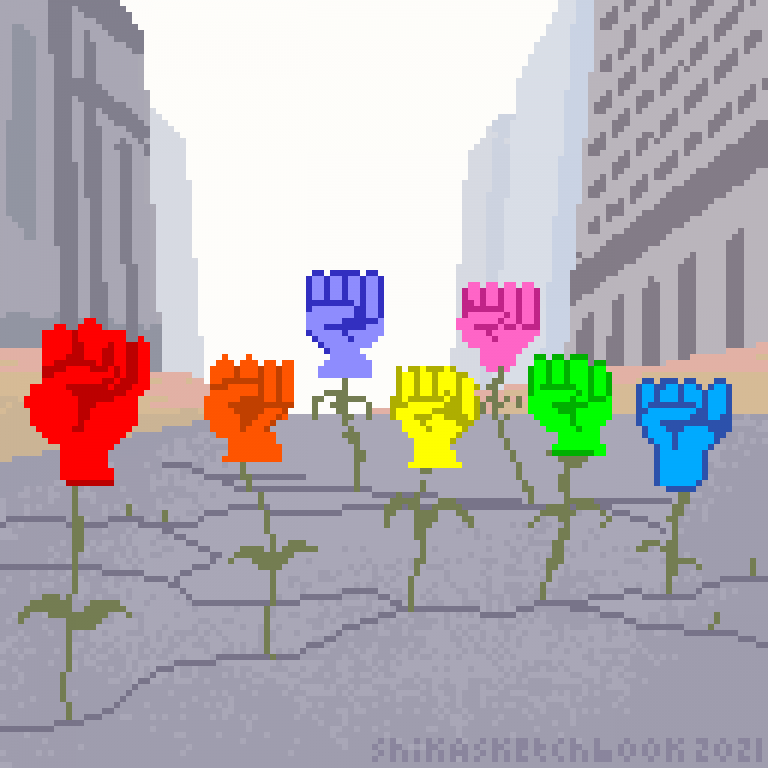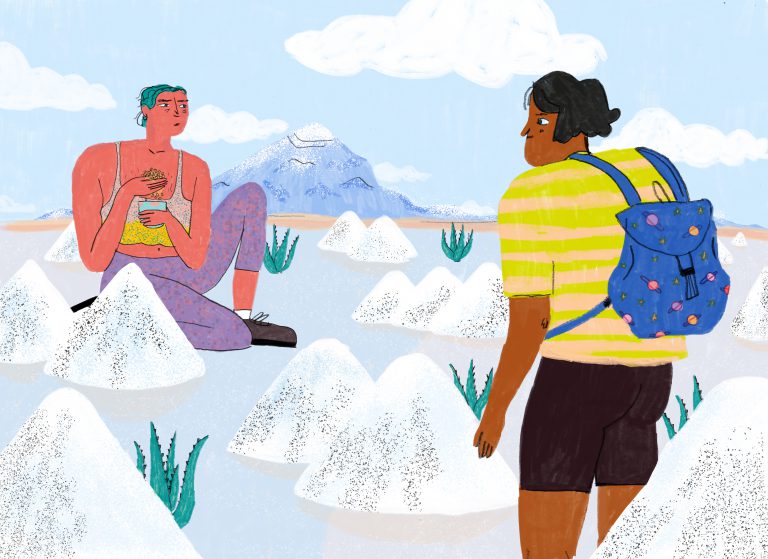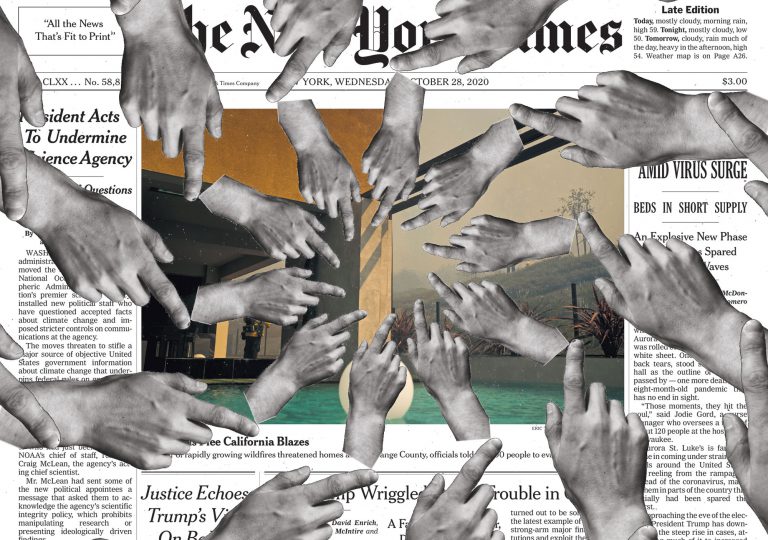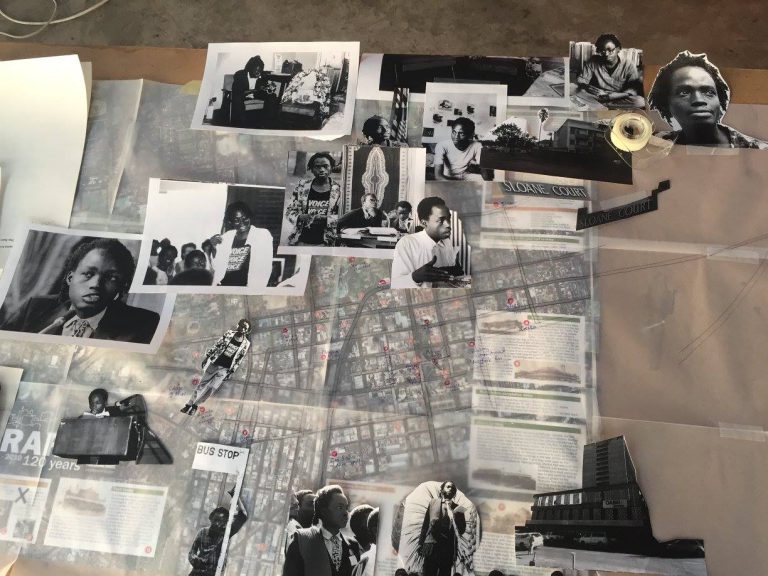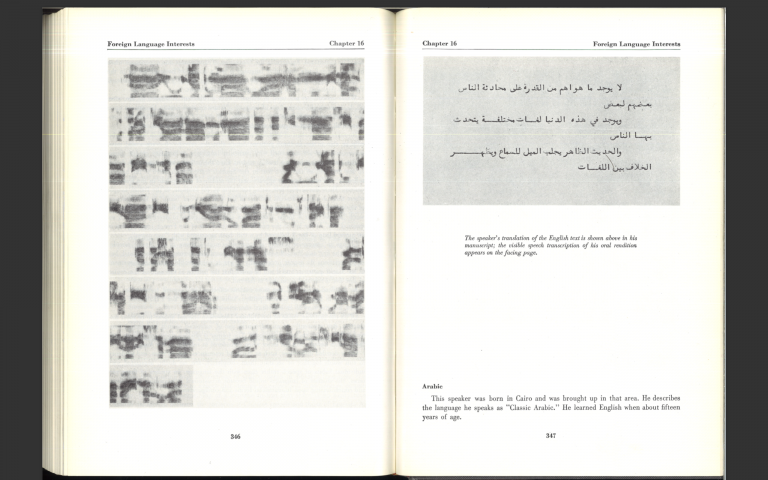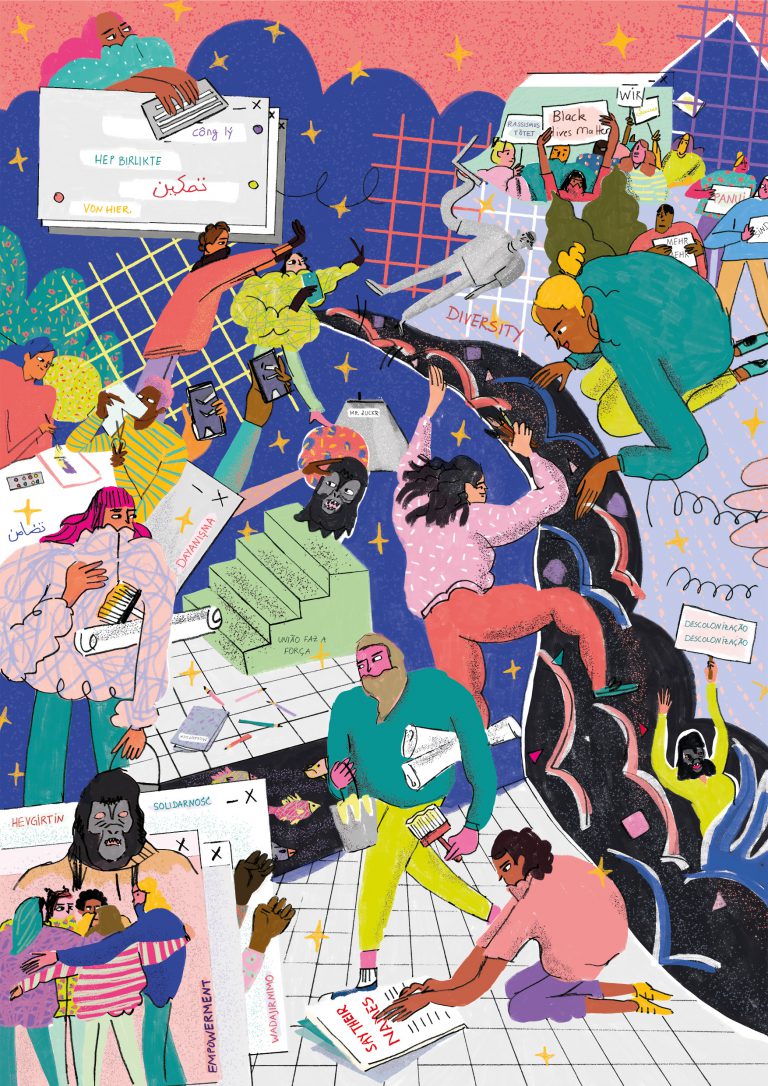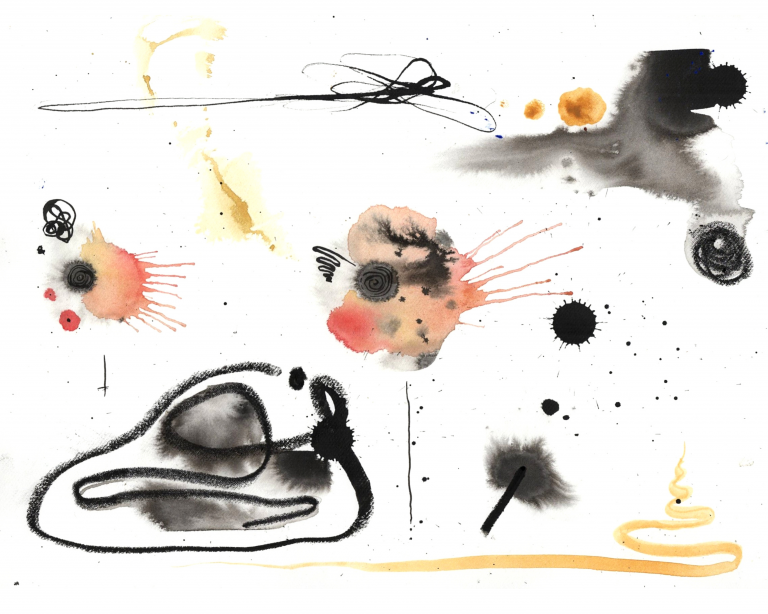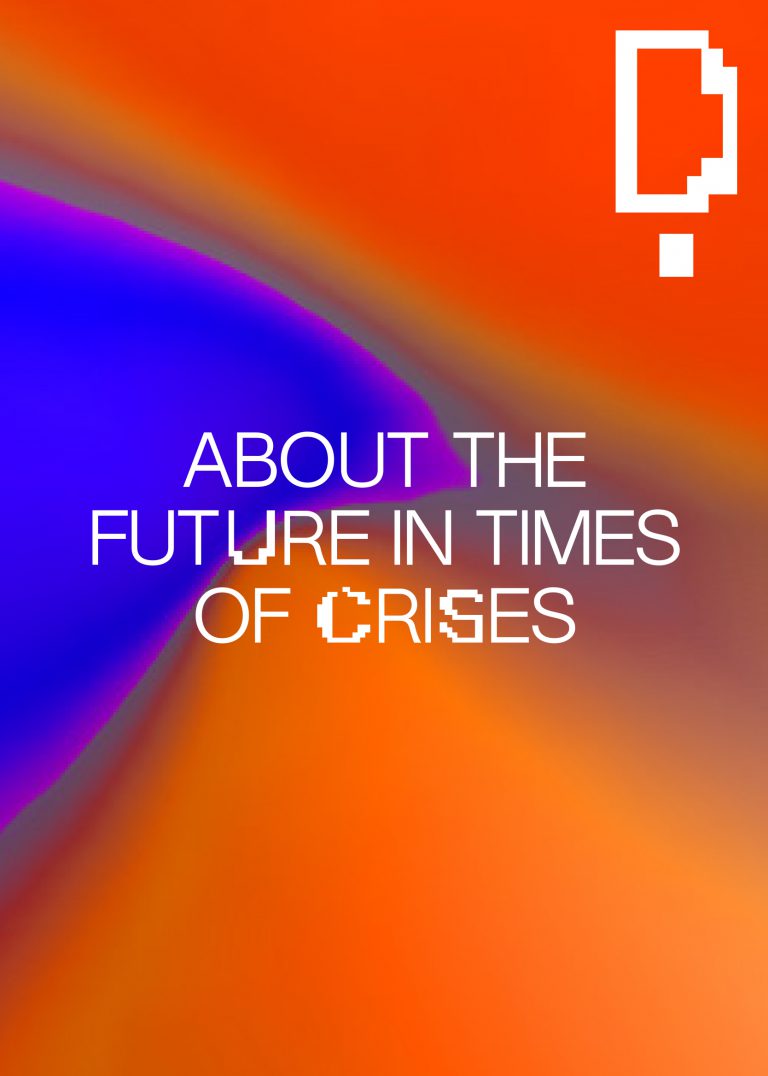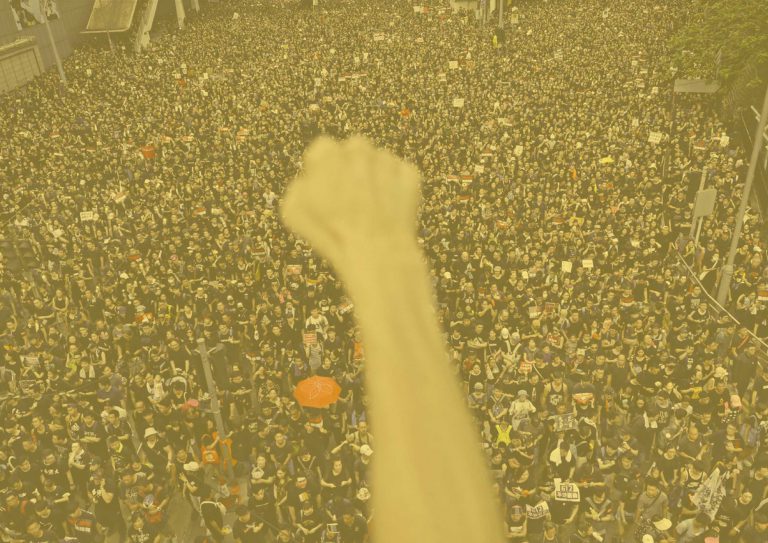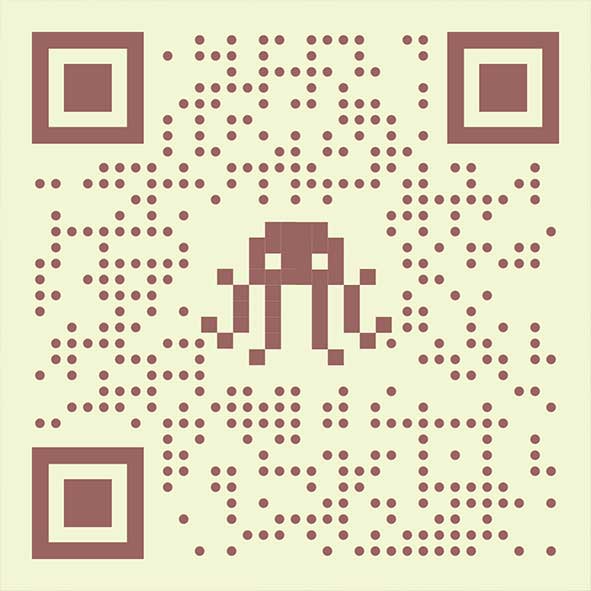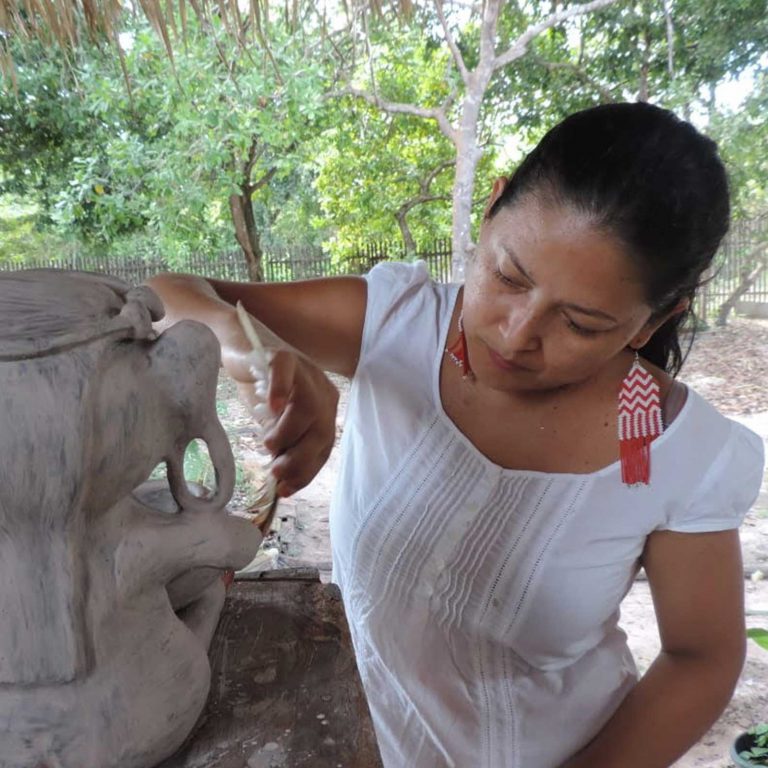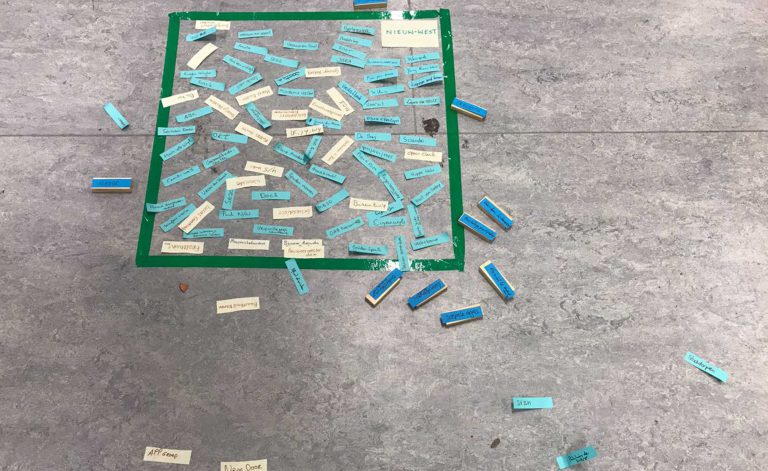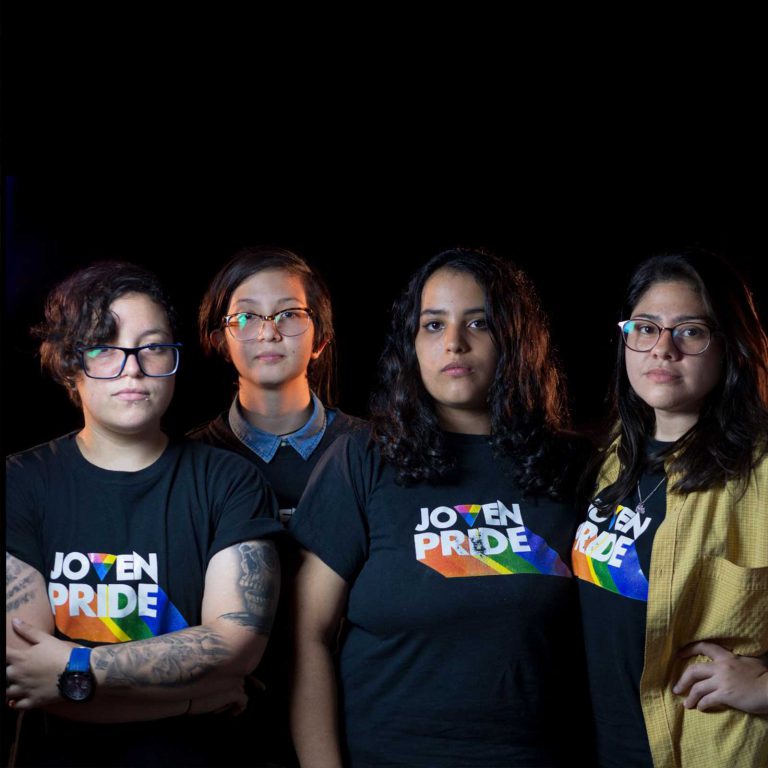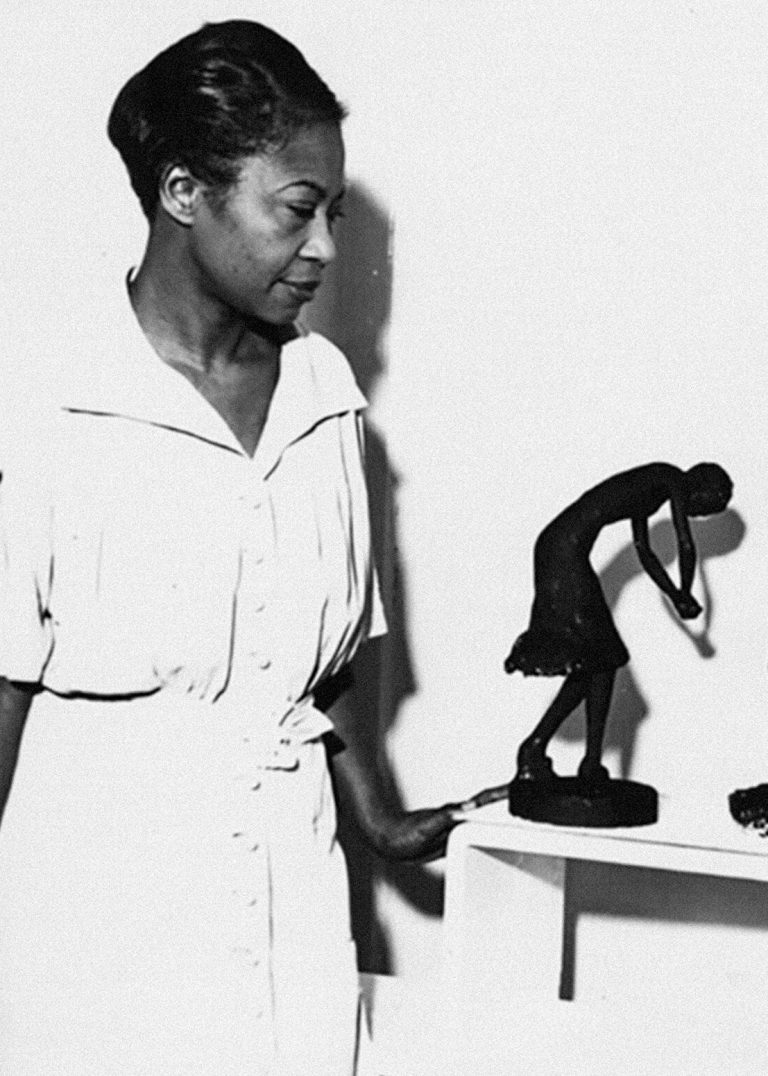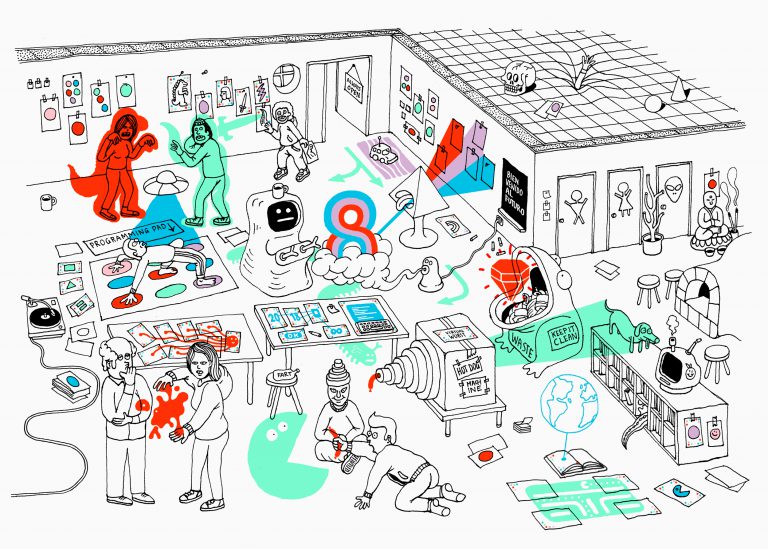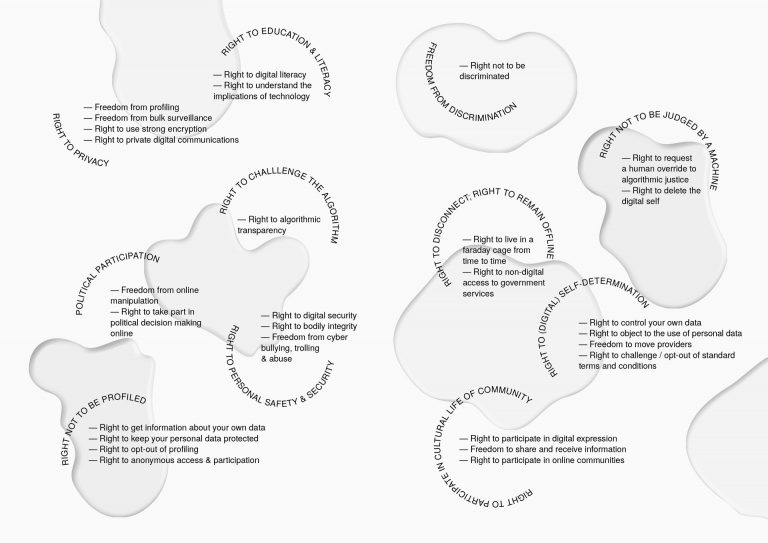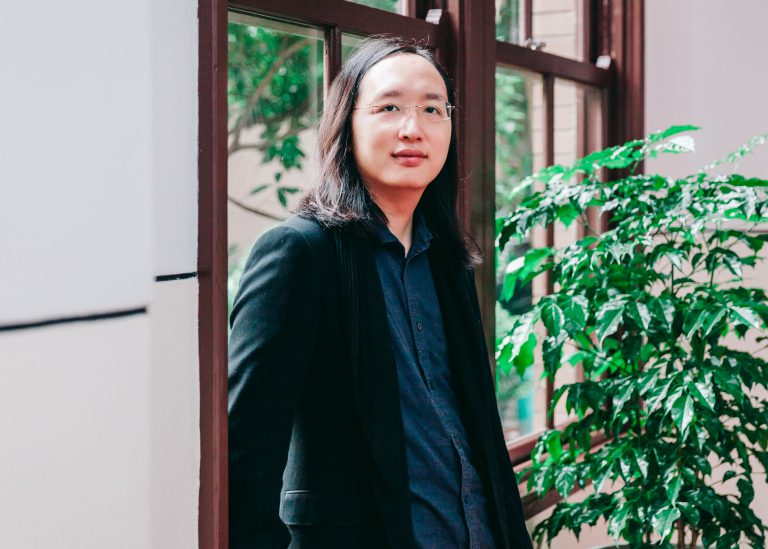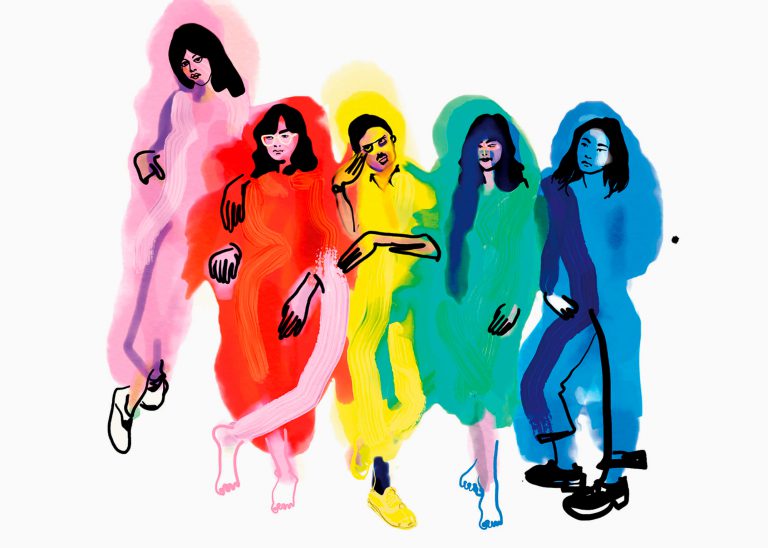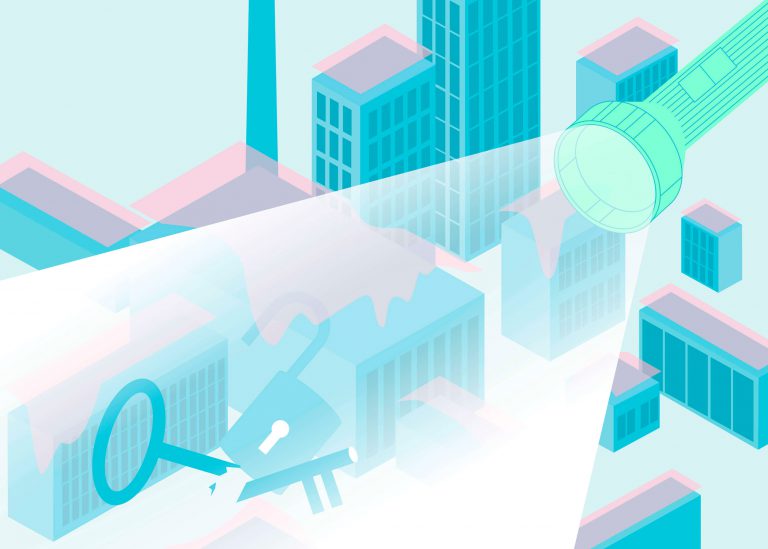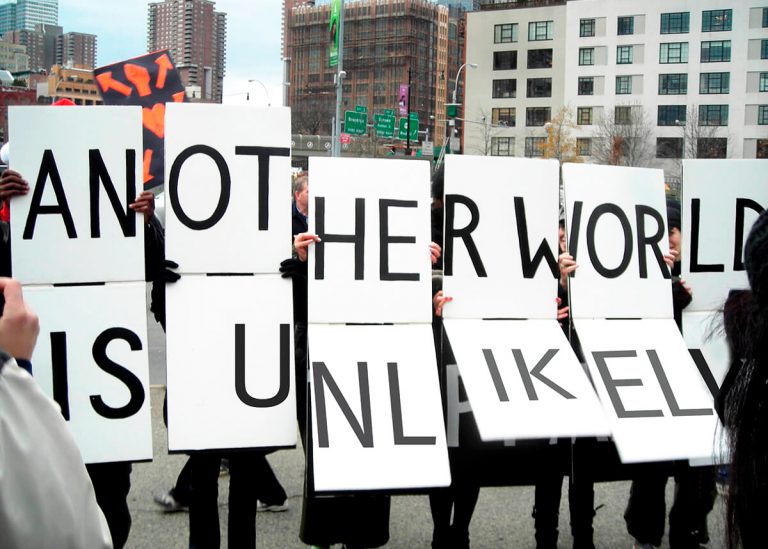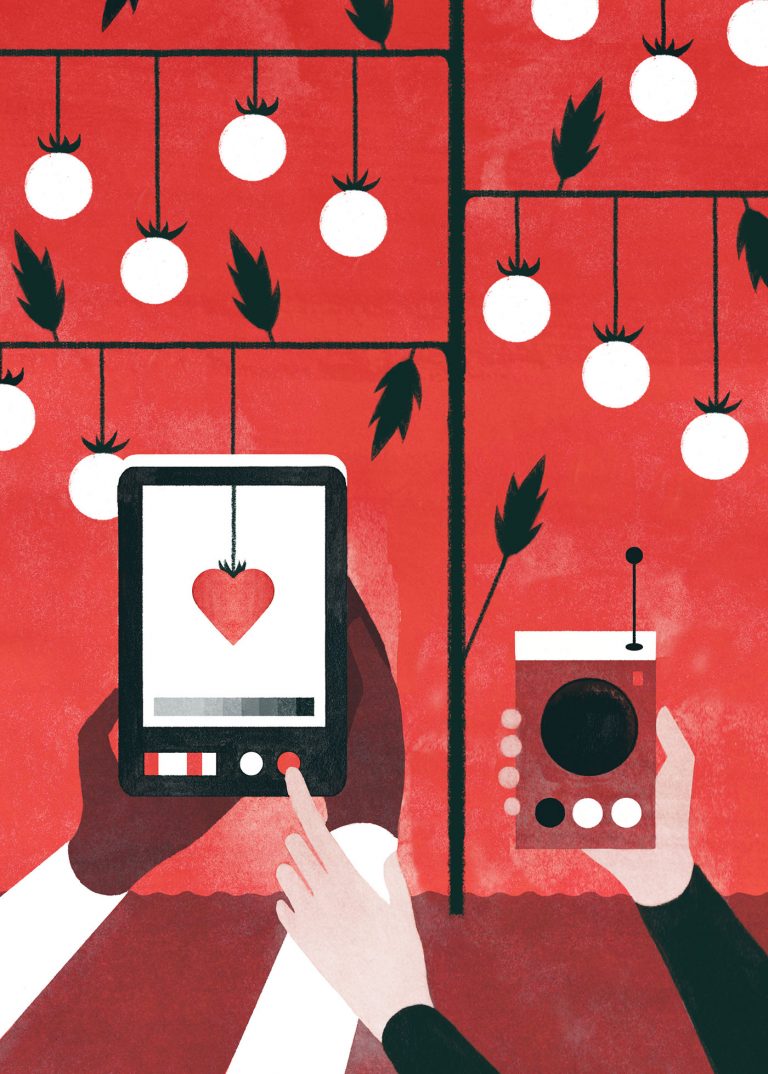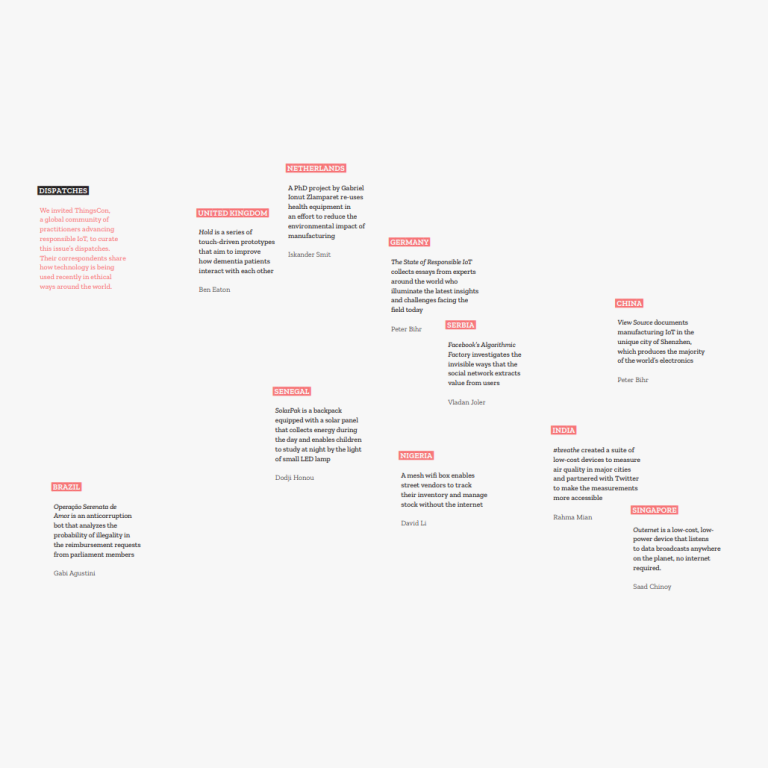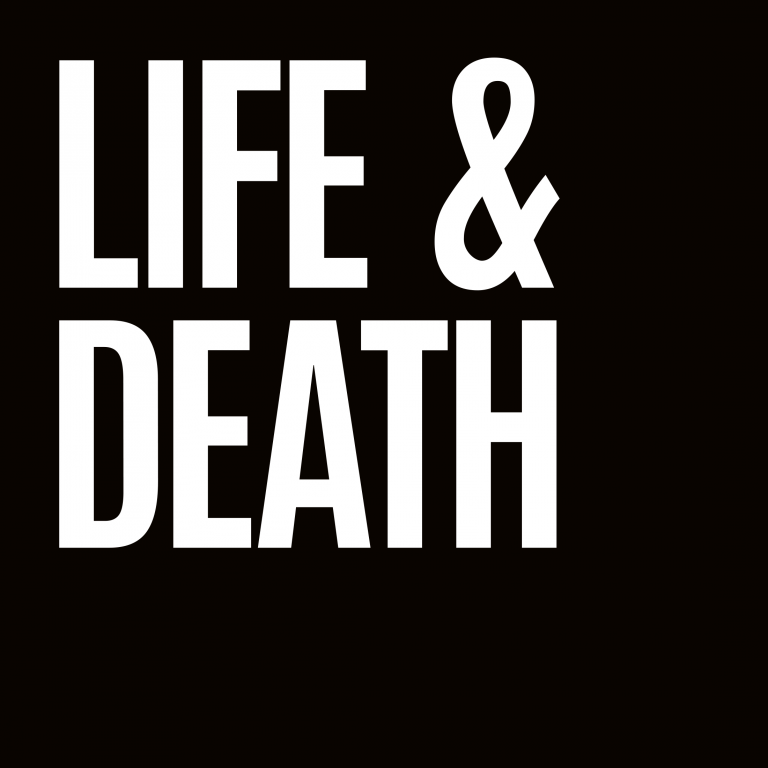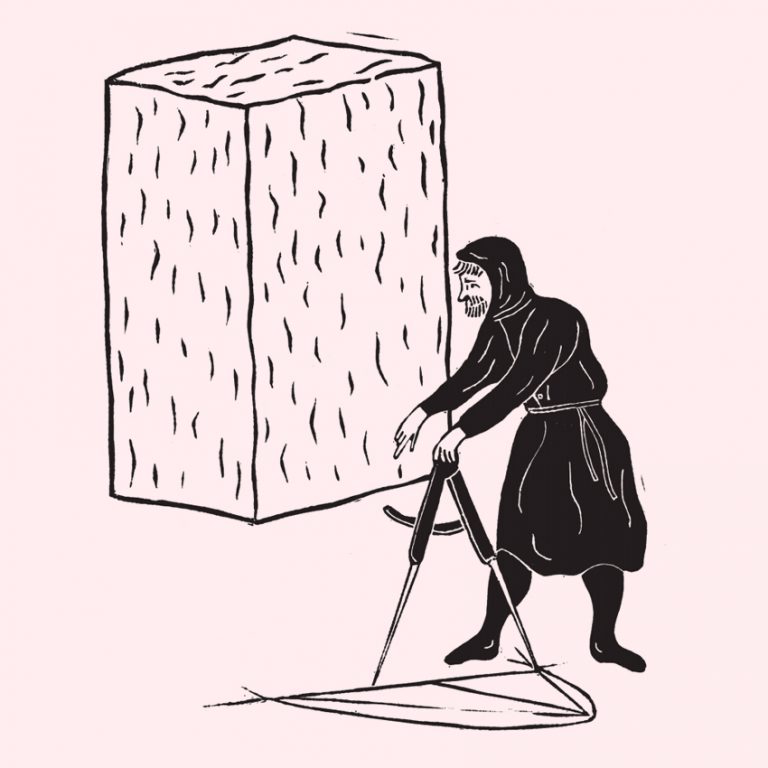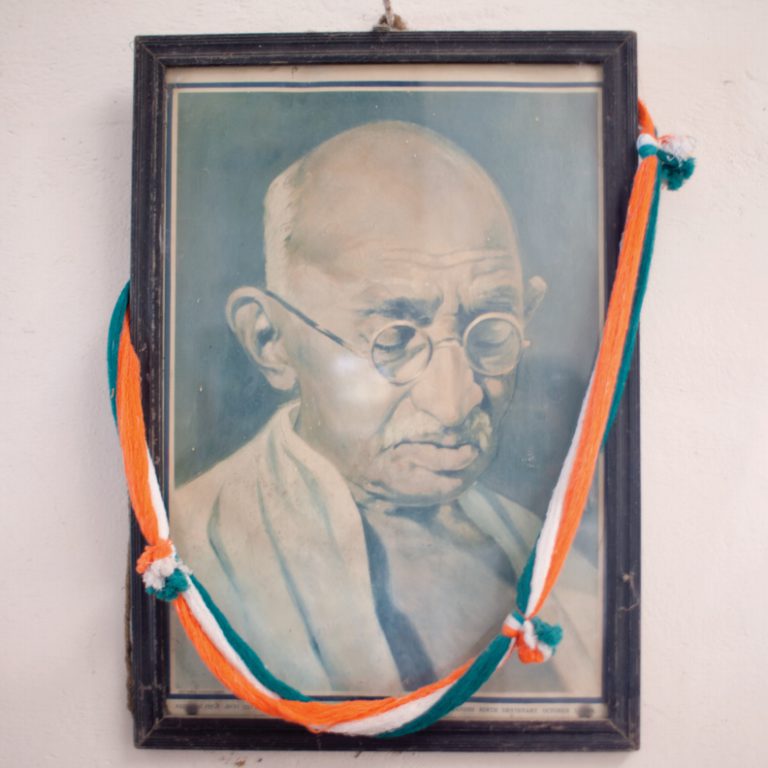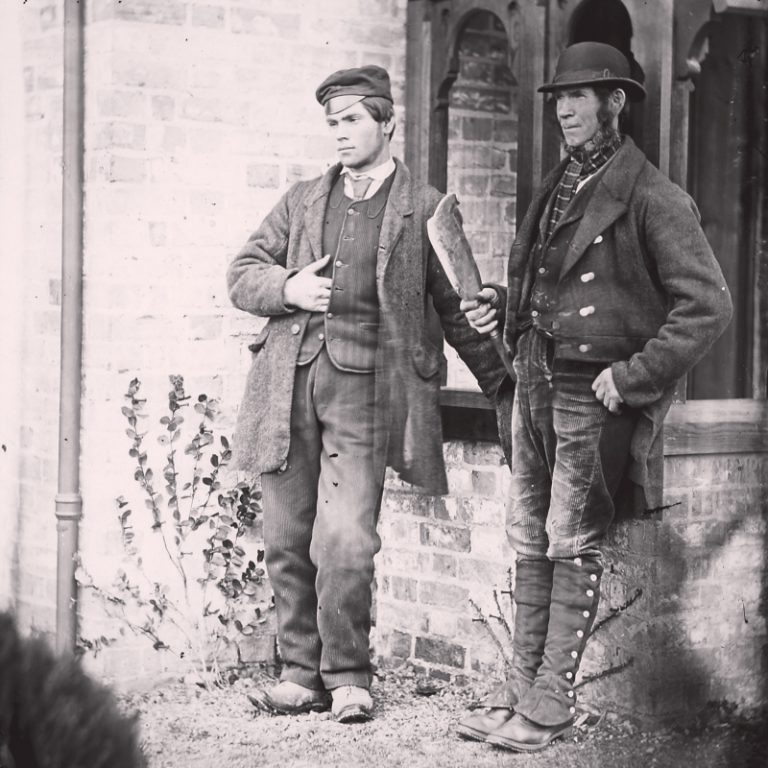Why is it that while AI receives praise from the West and beyond on its timeliness, its usefulness, its perfect operation, one golden question stands out, unanswered: Who is the engine of its success? Nobody knows, or cares to know, the answer. And that is why I will speak – for the voiceless, the hurt, and the vulnerable masses dying in silence. As I tell the story of my once-treasured job, I write from an open prison of economic confinement, a prison that reveals the darkness upon which the success of AI is founded. I write every word in the hope that it will reach the whole world.
Today, I will speak as a data trainer – specifically, a video model data trainer. After completing my high school education, I recall making countless applications to numberless companies. I was helpless, in desperate need of a job. Receiving no response tore me apart; I had basic needs to address. So how can I describe my joy when – at last! – after three years of hunting, I received a congratulatory message from one of the AI data training companies, Samasource Kenya. My second-born was just one year old, and I couldn’t risk losing the opportunity. My determination to earn a living had, I believed, prepared me for any sort of job, and I excitedly accepted the offer, though I was given little information on what it actually entailed.
I spent my first six months doing four different projects, some of which included image annotation, training for self-driving cars, transcription and text classification. Throughout these projects I always thanked God, for the longer I stayed, the more of my colleagues I would see laid off, victims of non-renewable contracts. Everyone feared for their job until the worst came to pass. When most of my team were made redundant, I happened to be among a privileged group of 20 workers selected to participate in a video model data training project. I saw tears lingering in their eyes, dejection, disappointment and rejection boldly written on their faces. Their envy of us could not be diminished. And though their prayers held their spirits high for any second chance, they left without compensation or hope of return. Although I felt for them, I counted myself fortunate to be involved in the project. I wanted to be a good mother to my children – feed them, dress them, take them to school – and care for my ageing mother, though my salary was meagre.
We who survived the job cuts would sign contracts without question. Albeit we lacked knowledge of the contractor and nature of the project, we complied with the terms as laid out. I felt lucky to have signed another three-month contract, which was enough to cool my worries about the next job for a while. My relief, however, was short-lived. As video model data trainers, we were tasked with watching disturbing videos for eight hours a day, sometimes working overtime to meet the daily target. These videos mostly involved the mistreatment of children – child molestation, caning and torture among them. My role was to create data that would filter such information. I watched these videos constantly, until I could no longer bear it. Sometimes I would stop my work halfway to take breaks. I imagined myself caning my children, shouting at them, denying them food or pinching them. I grew cold and wild at work and stopped relating positively with any team member. As my productivity dropped, my anxiety rose even further, for I risked losing my job now too.
My attempts to describe how the videos were affecting my relationship with my children fell on dead ears. Both my Quality Analyst and Team Leader insisted that many people would jump at my job if I could not meet the set targets. This tore into me deeply, leaving me without options. During this time, we were never given the chance to meet professional psychiatrists for therapy sessions. The best we were accorded was wellness sessions, in which we were only ever asked our names, where we came from, and how our day had been. During this period, my entire team developed abnormal psychological disorders originating from the videos we had to watch, and our general performance dropped. I remember two of my female colleagues confessing to marriages broken because their husbands could not condone their sullen relationships with their children. They divorced to save the children and it was only later that they would attribute these circumstances to the videos we had to watch on the project. I had no idea such a fate would eventually catch up with me too.
It happened when my elder brother came to visit us over a weekend. We spent the whole of Saturday together, but the next day, when the children were asleep, he called me in for a private talk. He had observed how the children were avoiding me, the scars and unhealed wounds I had violently inflicted on them, and how malnourished they were. All this while, I had been careless of their well-being, sometimes even failing to keep them clean. His disappointment in me and disapproval of my conduct tore at him so madly that he demanded to leave with the children. Although our contracts stipulated we should never disclose the nature of our job, I had no choice but to explain everything to him. I remember how tears throbbed in my blank eyes as I shouted, ‘It is my job, my job that is ruining my family.’ Having lost my bond with my children, for their own sakes I now took them to my brother. Nothing else mattered to me.
Working as an AI video model data trainer remains a sad reality and enormous regret for the toll it took on my life. Sometimes I see comments on social media marvelling at AI as a giant of our time, but all it reminds me of is my ruined family. My own children no longer want to get close with me. And, mentally drained as I am, I still struggle to cope. I wish AI companies gave us better mental health programs, prepared us for the job and gave us choices. Responsible AI data training is possible; it’s clear what we need. But if today’s AI is the AI we must have, then thousands of lives are yet to be lost, more families ruined, more children, mothers and fathers broken.
